From 'sick man' to 'sleeping lion': Have the Chinese overreacted?
Yu Shiyu observes that China could be reading too much into terms such as "sick man" and should by now, have the self-confidence to let such comments roll off their backs.
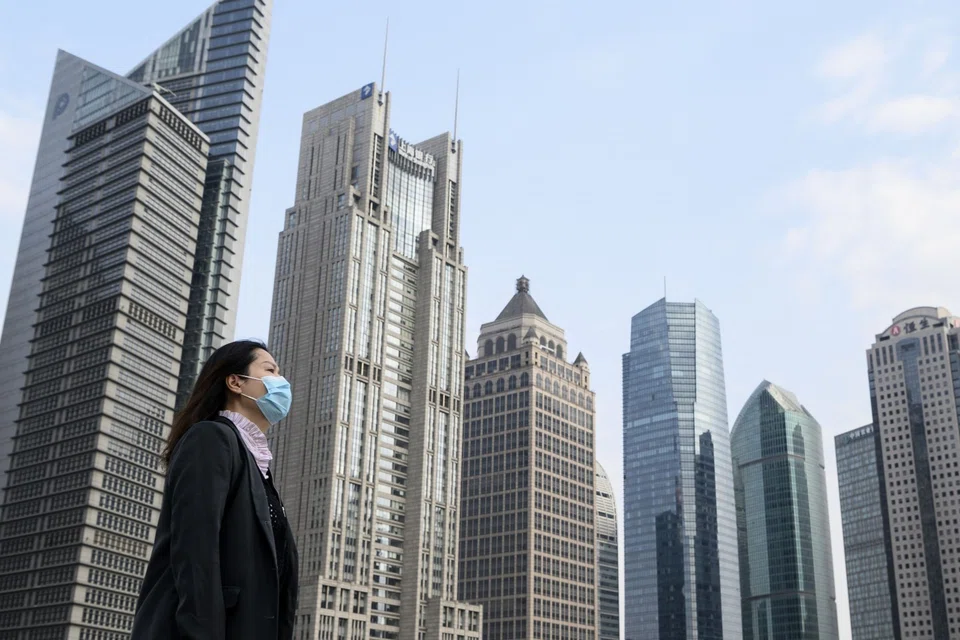
The mishandling of the Covid-19 epidemic in its early stages spun the outbreak out of control, and could possibly lead to a global health crisis. Amid this situation, The Wall Street Journal published an opinion piece titled China is the Real Sick Man of Asia written by university professor Walter Russell Mead. This led to the Chinese government expelling three of the newspaper's Beijing-based reporters. The Chinese foreign ministry claimed that the term "sick man of Asia" is "racially discriminatory" and had "triggered indignation and condemnation among the Chinese people and the international community".
...in 2014, major newspapers like The Guardian and Frankfurter Allgemeine called France the "new sick man of Europe" due to its long-term high unemployment and weak economic growth. This did not "trigger indignation" among the French government or its citizens.
Quite a few people commented that China's attitude reflects cultural differences between the East and the West. In English, the term "sick man" is commonly used to personify a country, and especially a country's economy, that is generally weak. It has nothing to do with the health of the country's citizens and should not constitute racial discrimination.
For example, in 2014, major newspapers like The Guardian and Frankfurter Allgemeine called France the "new sick man of Europe" due to its long-term high unemployment and weak economic growth. This did not "trigger indignation" among the French government or its citizens. Similarly, in 2009, the Foreign Policy magazine also referred to Japan as the "sick man of Asia" for its extended period of low economic growth. Undoubtedly, this term is unrelated to the health of the Japanese, since Japan enjoys the highest life expectancy in the world. It is therefore not "racially discriminatory" as well.
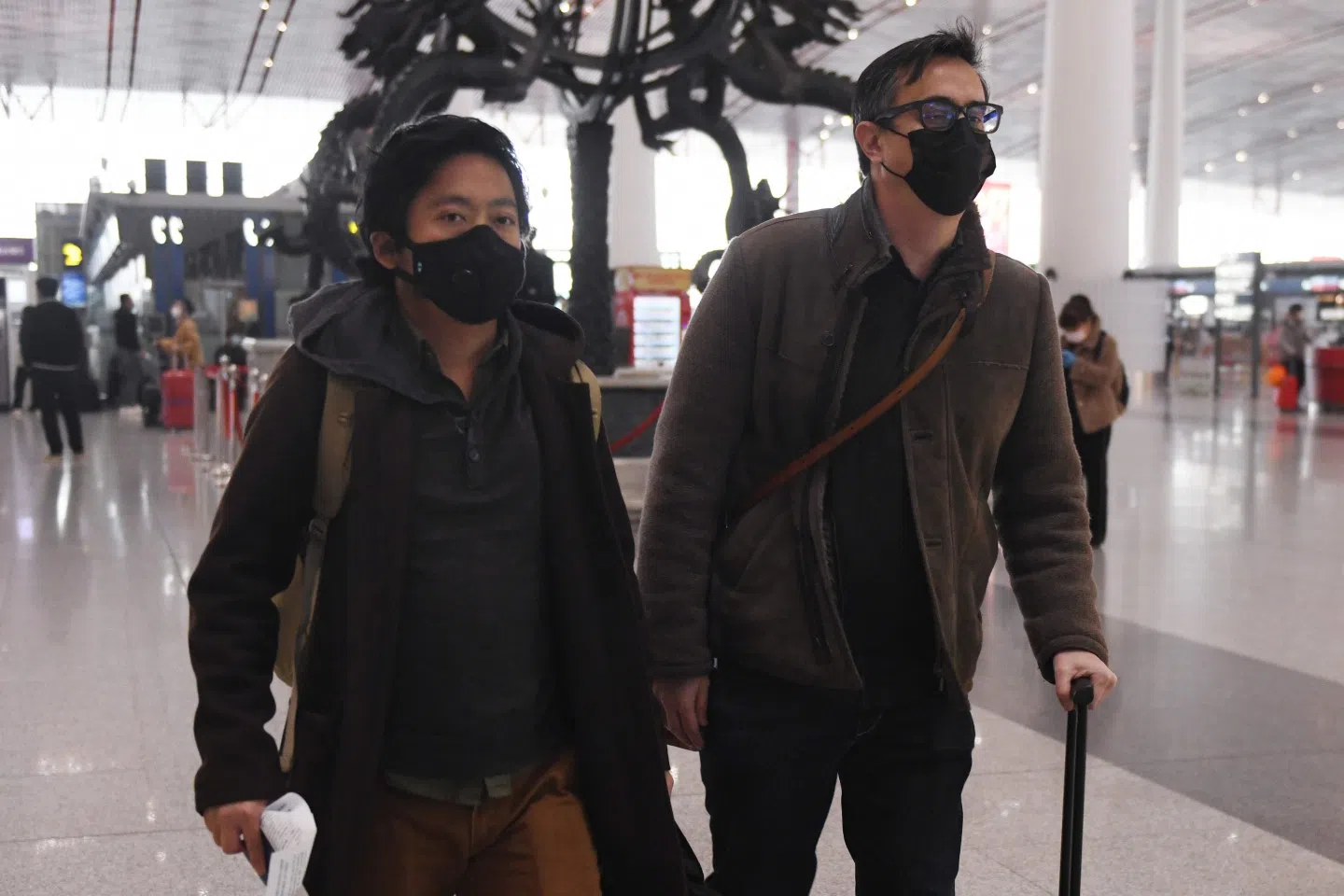
Although Beijing's strong reaction to the "sick man of Asia" is incongruent with the term's internationally-accepted connotations, it is closely related to a certain part of the country's history. For a long time after the Opium Wars, China stayed weak and was called "sick man of East Asia" by various powers. Yet, anyone with a bit of historical knowledge will be able to know that this term is used in parallel with the "sick man of Europe" used to refer to the Ottoman Empire. Both terms refer solely to the weak positions the countries had then amidst global geopolitical competition, and not their citizens' health.
In any case, "sick man" is just a phrase. The current "sick man" debate is a manifestation of China reading too much into things and its allergic reaction to Western culture. Coincidentally, such over-interpretation also applies to the term "sleeping lion". These two references are related to China's long term weakness in the past century.
As China has been in a weak position for a long time, it may be understandable that it reads too much into phrases such as "sick man" and "sleeping lion".
The term "sleeping lion" allegedly originated from Napoleon Bonaparte's warning against awakening China: "China is a sleeping lion. Let her sleep, for when she wakes she will shake the world." However, over the past century, even after extensive research by Chinese and foreign scholars alike, none of them could verify the exact occasion that Napoleon said these words. For a long time, this term has been widely used and taken as a French noble's high praise for China. When Chinese President Xi Jinping visited France in 2014, he also used this so-called "Napoleon's quote" in his speech.
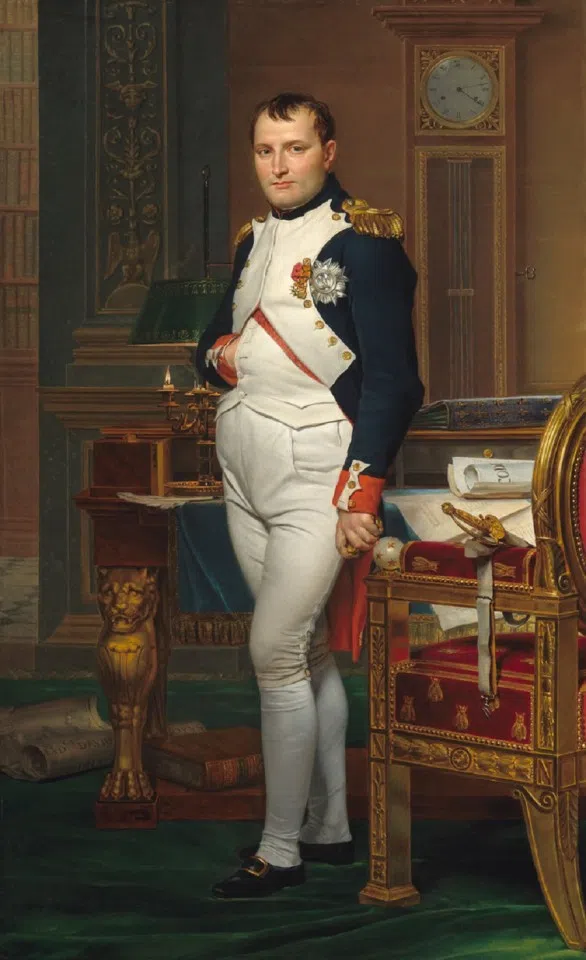
Back in 2004, I wrote a commentary in Zaobao titled A Brief Analysis of Western Culture Through the "Sleeping Lion" Theory (从"睡狮论"看对西方文化的浅解), where I attempted to account for the origin of the lion metaphor. I pointed out that this hearsay could have come from the French proverb "n'eveillez pas le lion qui dort (lit. do not awaken the sleeping lion)". In its earliest form, this proverb actually originated from English, but it has already been replaced by "let sleeping dogs lie". Both proverbs merely mean "don't go looking for trouble". Thus, "sleeping lion" is actually interchangeable with "sleeping cat" or "sleeping dog" in French.
Nonetheless, "sleeping lion" is not a complimentary term in these proverbs. Since it is used in a joking manner among friends and colleagues in France today, the phrase being attributed to Napoleon and used in an official setting in Paris are even more ironic.
As China has been in a weak position for a long time, it may be understandable that it reads too much into phrases such as "sick man" and "sleeping lion". However, today's China is already the world's second largest economy and should have gained enough confidence and knowledge to rid itself of the dated mindset formed under an inferiority complex. Moreover, it is also not worth it to overreact to the extent of staging another rebellion against foreigners like it did in the Boxer Rebellion of the early 19th century.
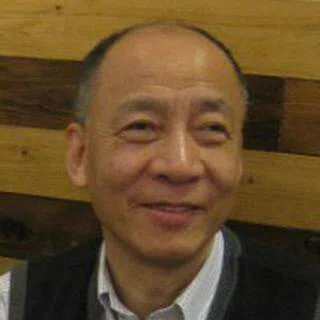

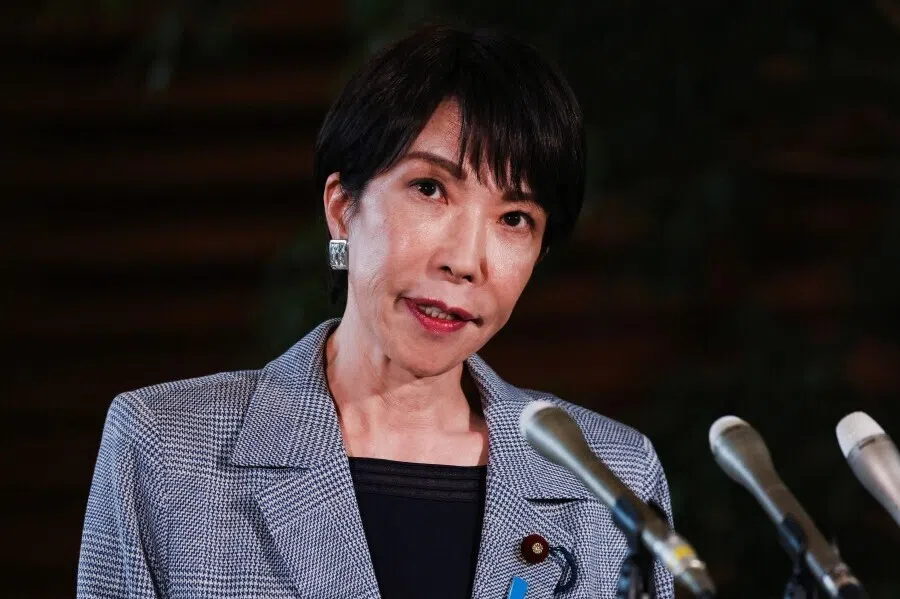
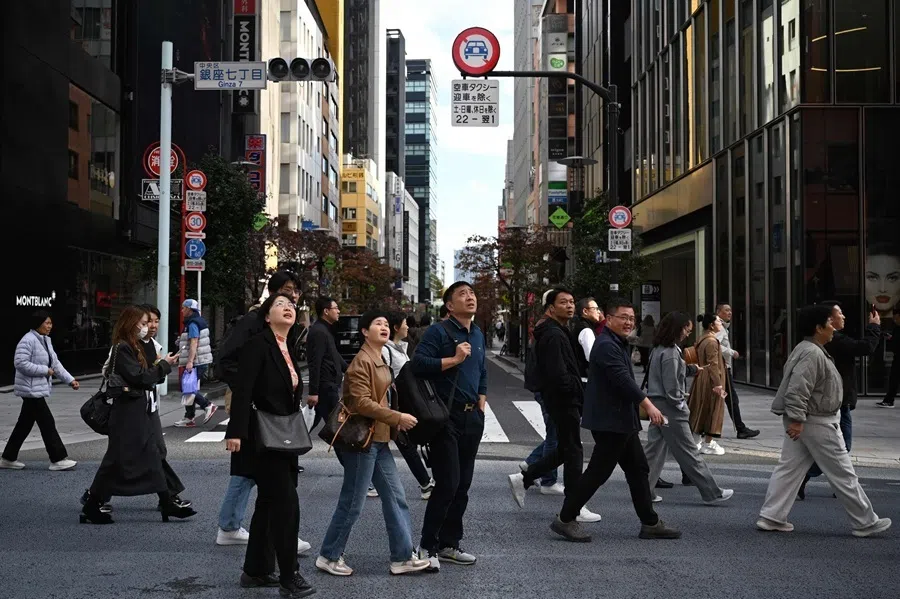
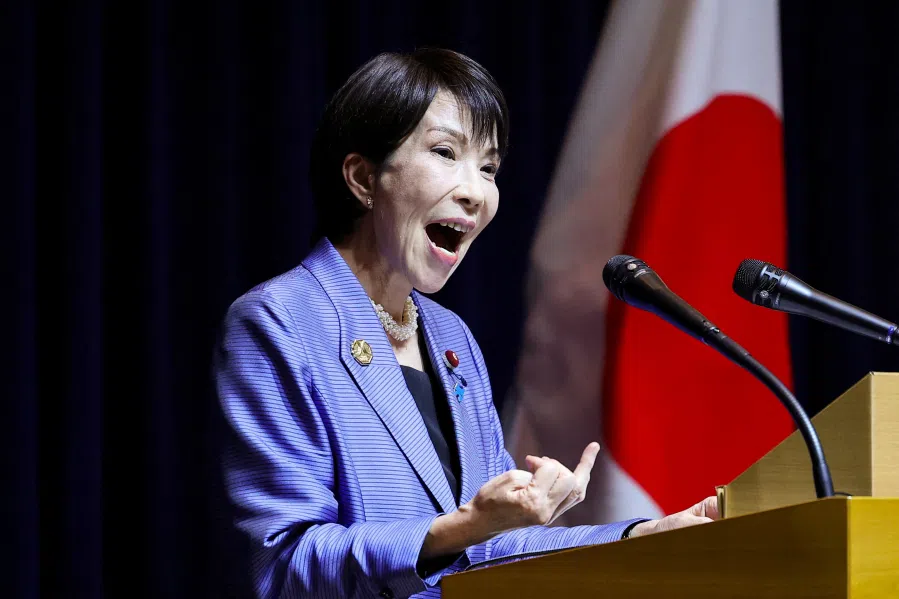
![[Big read] China’s 10 trillion RMB debt clean-up falls short](https://cassette.sphdigital.com.sg/image/thinkchina/d08cfc72b13782693c25f2fcbf886fa7673723efca260881e7086211b082e66c)